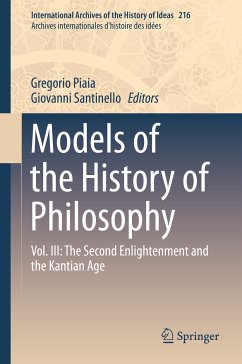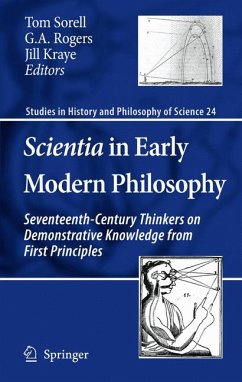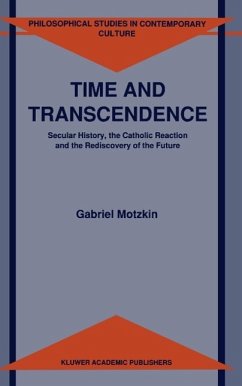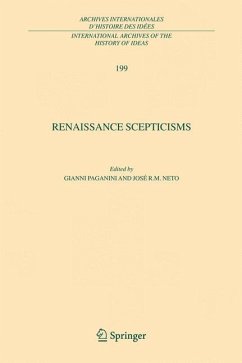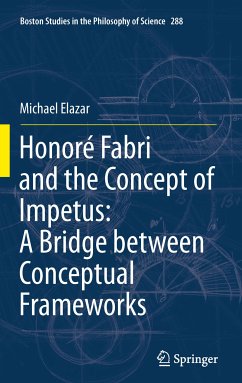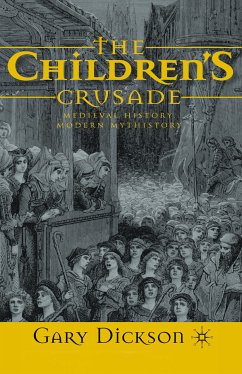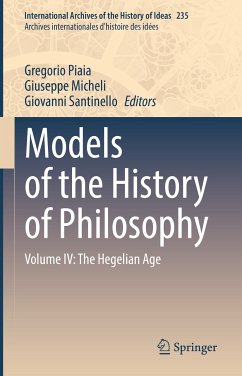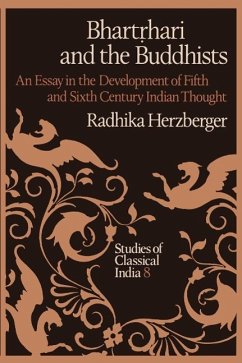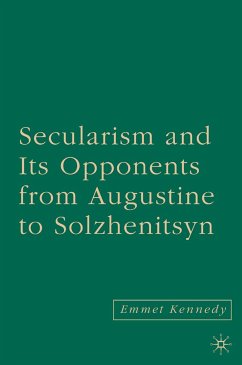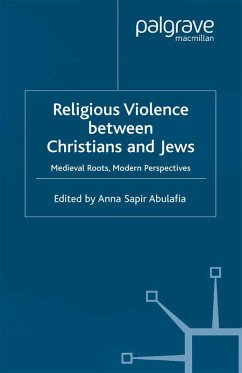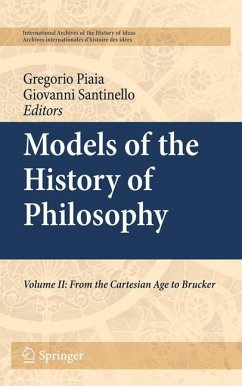
Models of the History of Philosophy (eBook, PDF)
Volume II: From Cartesian Age to Brucker
Redaktion: Santinello, Giovanni; Piaia, Gregorio
Versandkostenfrei!
Sofort per Download lieferbar
312,95 €
inkl. MwSt.
Weitere Ausgaben:

PAYBACK Punkte
156 °P sammeln!
This volume is the translation of "Dall'età cartesiana a Brucker", the second volume of the multi-volume work "Storia delle storie generali della filosofia". It guides the reader from the Cartesian rejection of the 'philosophical past' that found voice in the work of Malebranche, to the establishment of a 'critical' history of philosophy by 18th century thinkers A.-F Boureau-Deslandes and J.J. Brucker. The latter pair investigated philosophy from its most ancient origins up to the contemporary age, and oversaw the transformation of the history of philosophy into a genre in its own right, thus...
This volume is the translation of "Dall'età cartesiana a Brucker", the second volume of the multi-volume work "Storia delle storie generali della filosofia". It guides the reader from the Cartesian rejection of the 'philosophical past' that found voice in the work of Malebranche, to the establishment of a 'critical' history of philosophy by 18th century thinkers A.-F Boureau-Deslandes and J.J. Brucker. The latter pair investigated philosophy from its most ancient origins up to the contemporary age, and oversaw the transformation of the history of philosophy into a genre in its own right, thus spawning dozens of works that made a major contribution to the culture of the Enlightenment. Through careful analysis of more than 36 separate works, the authors show how in the span of a single century the theoretical and methodological techniques used to assess the history of philosophy were refined and developed.
Dieser Download kann aus rechtlichen Gründen nur mit Rechnungsadresse in A, B, BG, CY, CZ, D, DK, EW, E, FIN, F, GR, HR, H, IRL, I, LT, L, LR, M, NL, PL, P, R, S, SLO, SK ausgeliefert werden.




